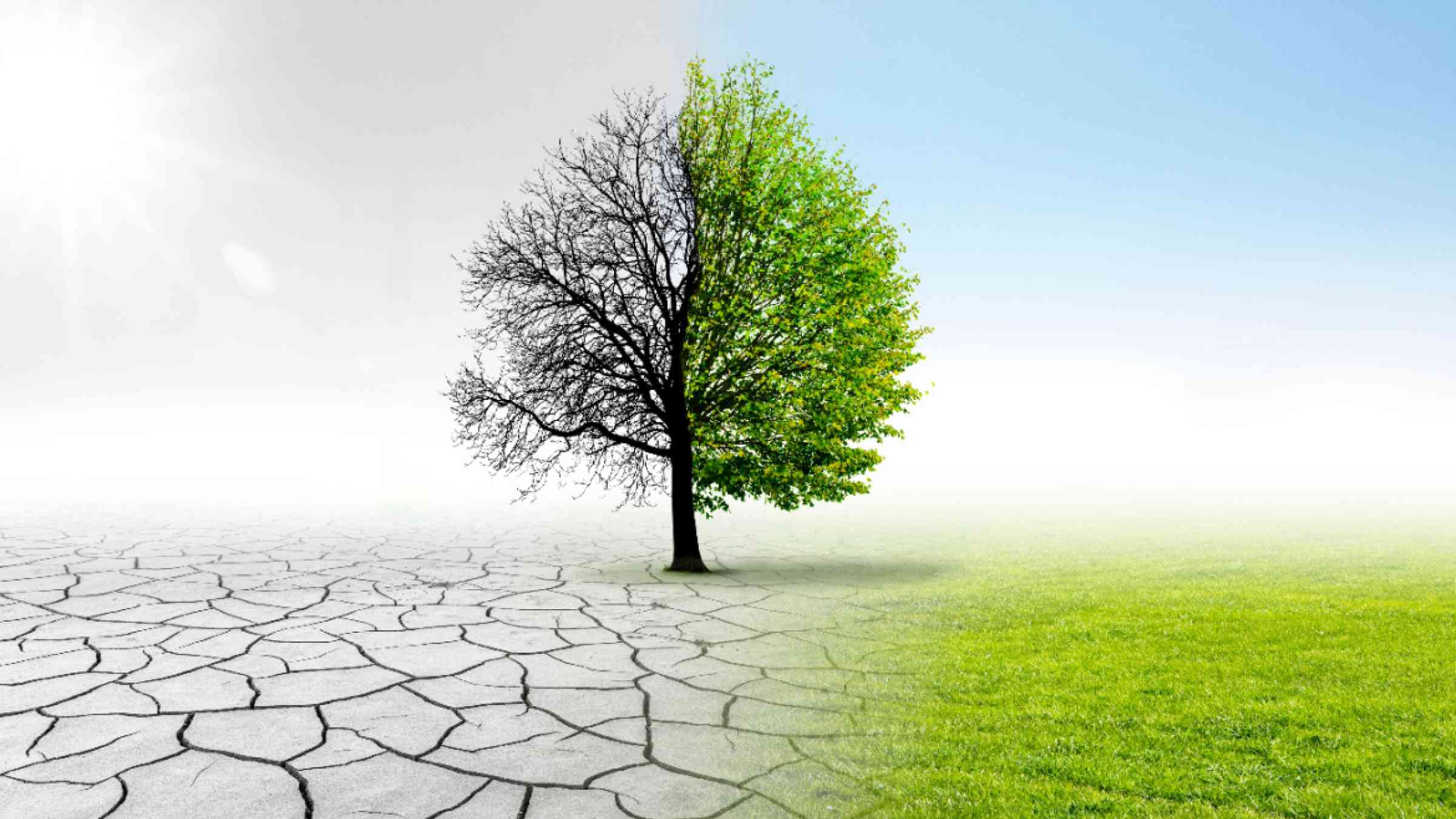Statement on the ‘Climate Change 2023: Synthesis Report’

I welcome the Synthesis Report released by the Intergovernmental Panel on Climate Change, who have been a leading voice on the danger posed by the runaway climate crisis.
The growing severity and frequency of climate-related disasters is a matter of survival for the most climate-vulnerable countries. As the Report highlights, climate change is impacting food security, agricultural production and causing severe water scarcity for at least half of the world’s population.
Humanity is on the edge. But, as the IPCC Report makes clear, if we take urgent action now, we can prevent widespread death and destruction and secure a livable future. For this reason, today, the UN Secretary-General António Guterres has set out an all-hands-on-deck Acceleration Agenda “to massively fast-track climate efforts by every country and every sector and on every timeframe.” Deepening emission cuts is an essential pillar of this, alongside scaling up action on adaptation to climate change and against losses and damages.
The UN Office for Disaster Risk Reduction calls on UN Member States to heed the warnings of the report with accelerated action, especially on climate justice to protect people in highly vulnerable regions who have contributed the least to the crises. When adaptation, disaster risk management, climate services and social safety nets are implemented across sectors, they make an enormous difference. The report highlights progress to date is often fragmented – now is the time to speed up and comprehensively deploy the tools at our disposal.
Specifically, through the UN Secretary-General’s Early Warnings for All initiative, we have a chance to protect every person, everywhere with inclusive and multi-hazard early warning systems by the year 2027. The IPCC report once again asserts that investments in early warnings saves lives - funding this initiative would not only help reduce disaster mortality by at least a factor of eight, but would also help reduce disaster related economic losses.
The High-Level Meeting on the Midterm Review of the Sendai Framework in May must be a moment where leaders commit to accelerating action on disaster resilience. We must switch the focus from picking up the pieces after climate disasters to preventing them from manifesting in the first place. We need climate resilient development – inclusive governance that embeds finance and actions across governance levels, sectors and timeframes. G20 countries must deliver on commitments on adaptation finance to achieve this.
Finally, closing the adaptation gaps and tackling the growing evidence of maladaptation requires us to better integrate climate change adaptation and disaster risk reduction. We must build on the progress made at COP27 to fully stand up and operationalize the Santiago network to provide developing countries with the technical assistance they need to avert, minimize and address losses and damages.
This includes providing countries with the assistance they need to understand and act on the confluence of climate, water, and disaster risks in a comprehensive way.
The disasters triggered by the growing climate-related hazards threaten to undo decades of development gains and push millions back to poverty. We have the power to stop these hazards from becoming disasters, we can aim for a world with Zero Climate Disasters, but only if we act now.
ABOUT UNDRR
UNDRR works closely with policymakers and partners to implement the Sendai Framework for Disaster Risk Reduction 2015-2030, the global blueprint for reducing disaster risks and losses.
In May, government leaders will gather in the UN Headquarters in New York, for the Midterm Review of the Sendai Framework co-chaired by the Governments of Australia and Indonesia to adopt a political declaration setting out action to accelerate action on disaster resilience.
For more information visit www.undrr.org, please contact the UNDRR Media Team: Omar Amach (Omar.Amach@un.org) and Rosalind Cook (Rosalind.Cook@un.org).